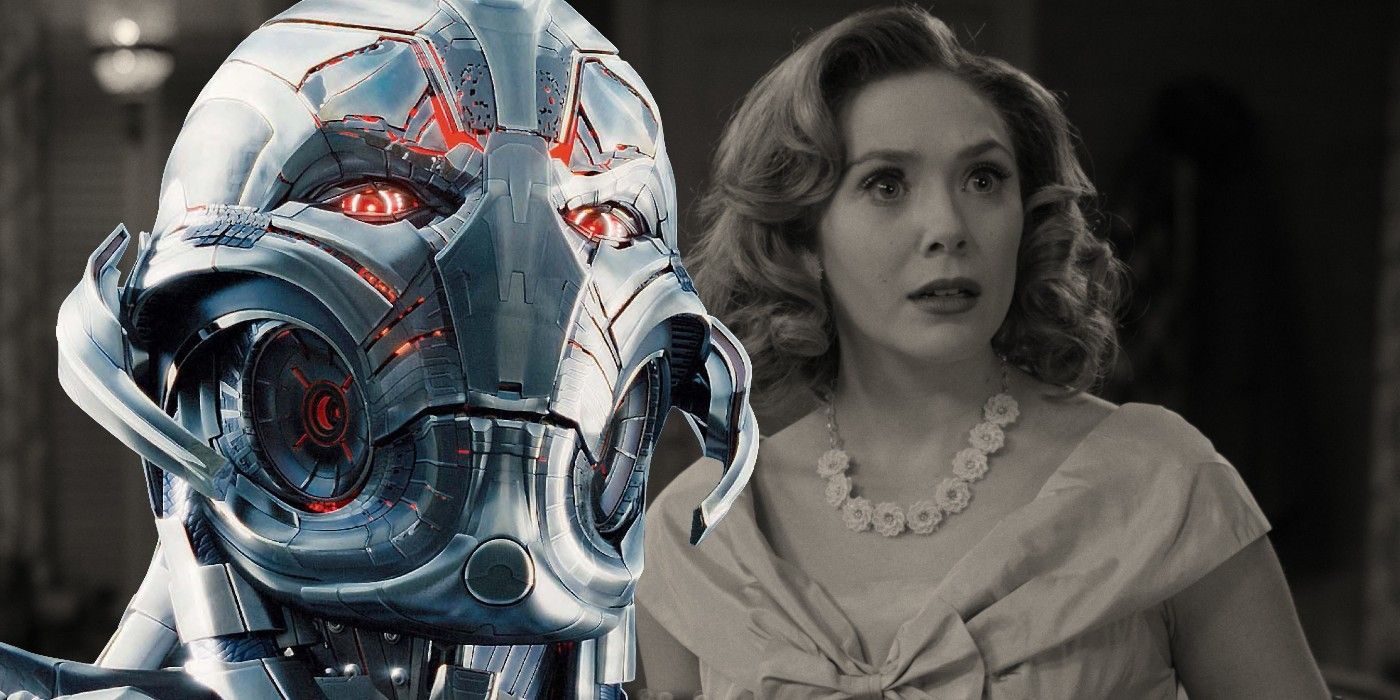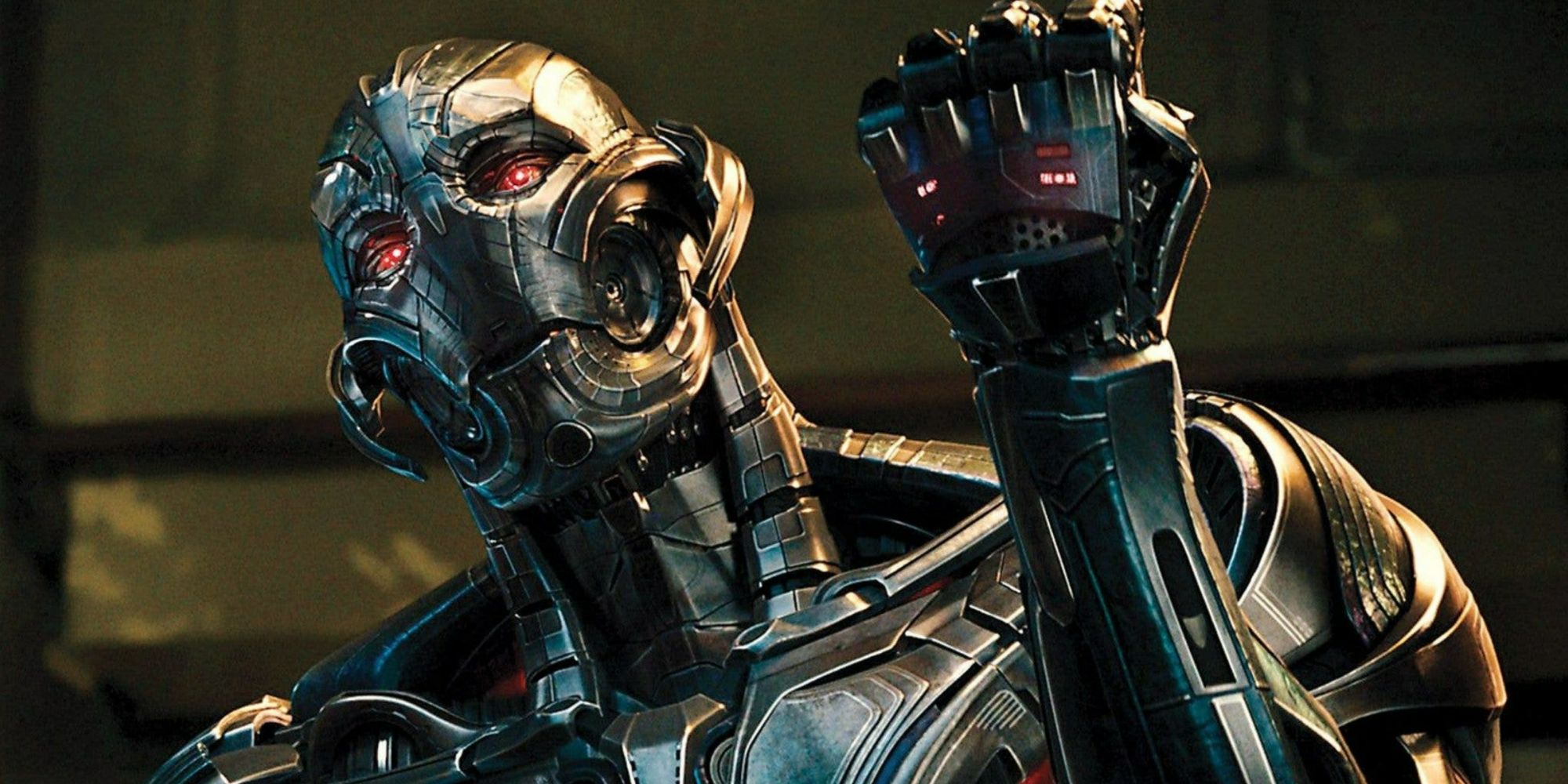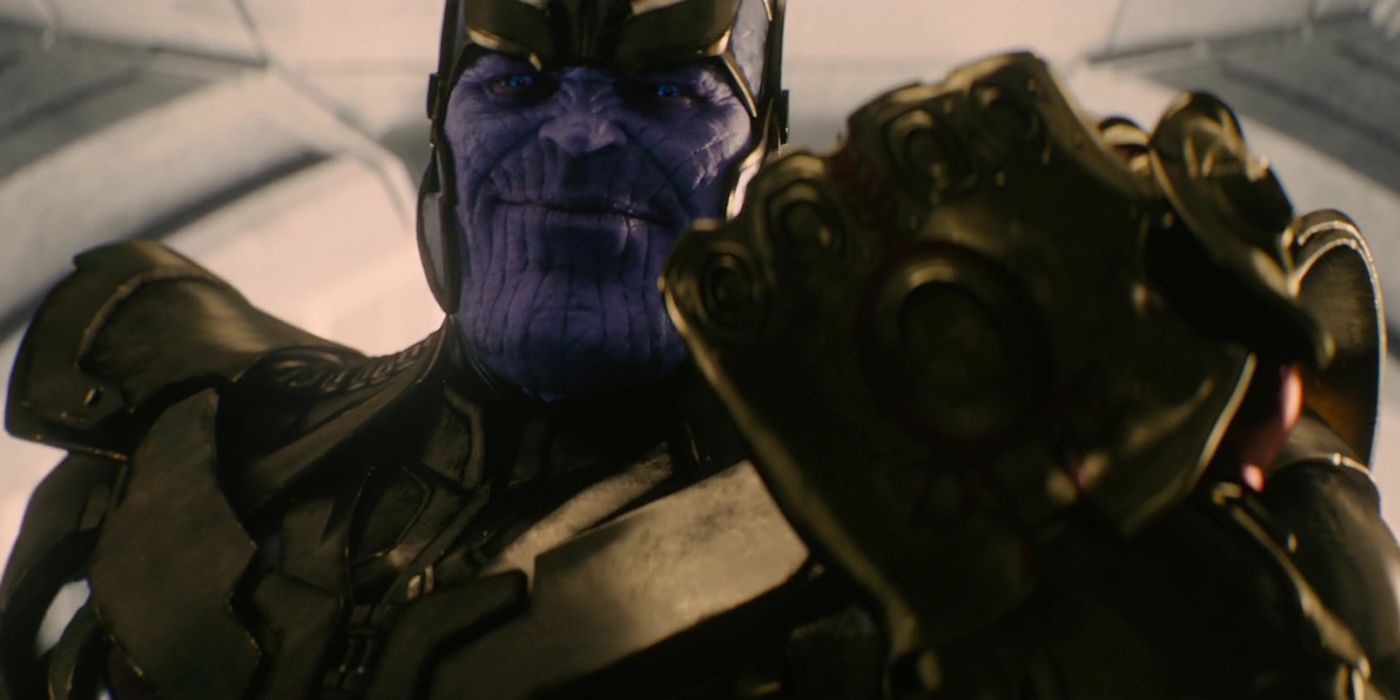Fan theories don't have to be right to be beneficial. Even a given idea that has too many logic holes arrayed against it can nonetheless provide a new perspective on the material that illuminates the canon content. Fans of the Marvel Cinematic Universe aren't shy about expounding upon their own theories, and while not all of them fit in canon, most of them have interesting threads nonetheless.
A strong case in point comes from Reddit user RogerRara and concerns Ultron: the rogue AI who served as the villain for Avengers: Age of Ultron in 2015. It's a simple theory, but upon closer examination, it doesn't hold up. But it's creative enough to promote a closer inspection of the MCU and even lends a little insight into certain key moments in the saga. It might serve as a viable episode of the animated What If…? series with a little development.
The Theory Changes Everything Fans Think They Know About the MCU
The basis of the theory is that Ultron actually defeated The Avengers at the end of Age of Ultron and -- rather than kill them -- placed humanity in an advanced VR simulation like the one in The Matrix. The whole MCU history since then has been part of the simulation and remains so going forward: everything from the original Ant-Man on.
The biggest problem with the theory as it stands is simply one of consequences. If the last decade or so of the MCU has all been a simulation, then none of the heroes' struggles or sacrifices hold any meaning. They may as well have been playing video games the whole time. On a more practical level, it would involve a significant change of motivation for Ultron, who was bent on human extinction and certainly wouldn't have spared figures like Tony Stark. (What If…? Season 1, Episode 8, "What If… Ultron Won?" covers just such a reality.) Several plot holes would be created by overlooking such a development, such as the Multiverse, which would be hugely unnecessary for such a construct.
The Theory Doesn't Work for the MCU, But It's Still Intriguing
And yet, despite its incompatibility -- and the original poster suggests as much by leaving the details to a minimum -- there's an eerie attraction to the idea. MCU developments following Age of Ultron could readily be construed as Ultron tweaking the VR formula to adjust for developing issues. For instance, the events of Captain America: Civil War would become an effort by the Ultron simulation to break up The Avengers, while the addition of new heroes like Spider-Man and Black Panther simply means they, too, have been trapped in the VR world. When it gets too unwieldy, "Thanos" arrives to deliver a "Snap," which is undone once the mainframe has been upgraded enough to handle the load.
A simulation could even accommodate a good deal of the stranger side of the MCU, such as various adventures in outer space and the events of shows like WandaVision. In this case, the more outlandish powers could simply be an extension of the program, rather than, say, Wanda Maximoff developing the ability to warp reality or Loki discovering the Time Variance Authority. That also includes the fourth-wall-breaking climax to She-Hulk: Attorney at Law Season 1, Episode 9, "Whose Show Is This?" in which Jennifer Walters breaks through the streaming menu on Disney+ to find KEVIN, the sentient AI running it all.
It's a lot of effort for comparatively little dramatic effect, and even without the logic holes, the theory renders too much of the saga meaningless to be viable. But the fact that it can more or less account for every new development in the franchise makes it a surprisingly durable notion, and while it will never work in the mainstream MCU, it's an opportunity to revisit a villain who never quite got his due in the canon timeline. The results aren't usable, but they definitely are interesting.



